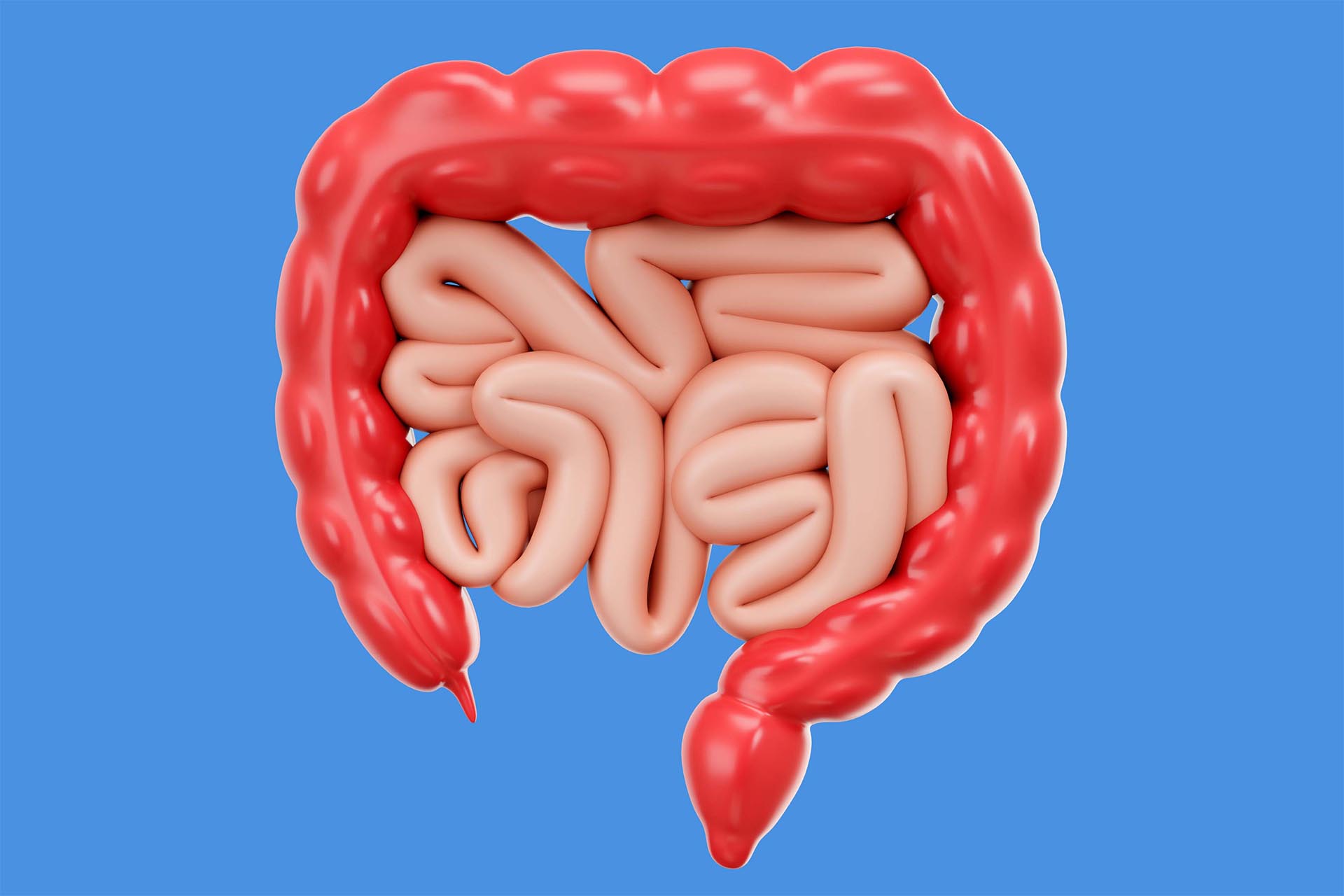
MD, ScD, Professor Dušan Vešović is on LinkedIn

Just like your body follows a daily rhythm, so does your gut microbiome, the community of bacteria living in your intestines. This "intestinal clock" helps regulate key processes, including how your gut barrier functions and how your microbiome behaves. But when this clock is disrupted, it can have serious consequences, especially in the case of colorectal cancer (CRC).
Recent research shows that when the body's circadian rhythm (its 24-hour internal clock) is disrupted, it can also disturb the gut microbiome. In studies with mice genetically prone to developing CRC, clock disruption led to an imbalance in gut bacteria (known as dysbiosis) and impaired the intestinal barrier, making the gut more vulnerable to cancer progression.
In particular, the disruption of this internal clock altered the balance of key bacterial species such as *Bacteroides*, *Helicobacter*, and *Megasphaera*. These changes affected important microbial pathways, including the metabolism of nucleic acids, amino acids, and carbohydrates. Perhaps even more concerning, this disruption weakened the gut barrier, making it easier for harmful substances to cross into the body, potentially accelerating CRC development.
Your diet, lifestyle, and sleep habits all play a role in keeping your gut's clock in sync. When that clock gets off track, it could impact not only your gut health but also your risk for serious diseases like colorectal cancer.
Keeping a regular eating and sleeping routine might be more important than you think!
Source:
Rachel C. Fellows et al. Disruption of the intestinal clock drives dysbiosis and impaired
barrier function in colorectal cancer.Sci. Adv.10,eado1458(2024).DOI:10.1126/sciadv.ado1458
Available at:
https://www.science.org/doi/10.1126/sciadv.ado1458